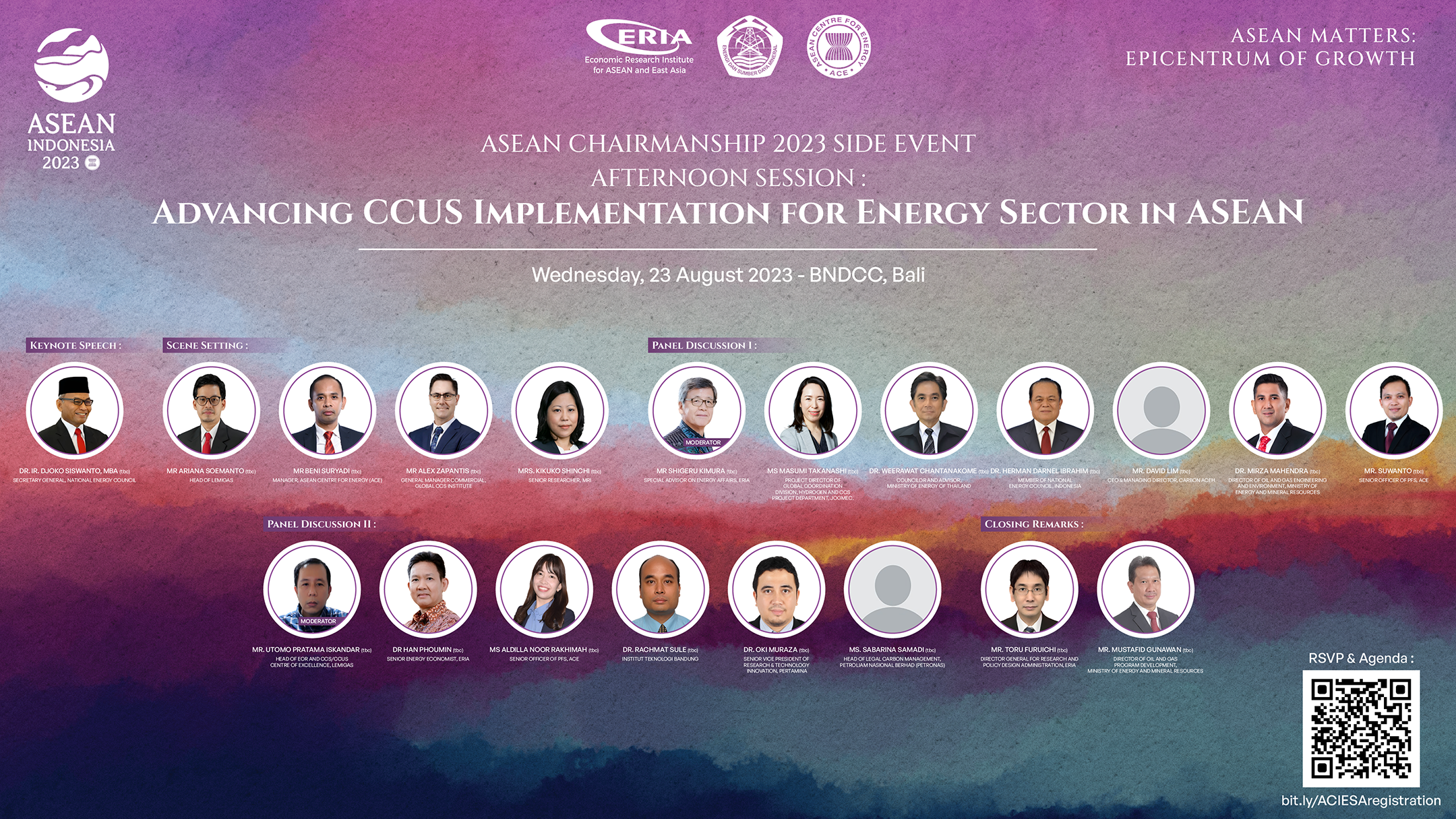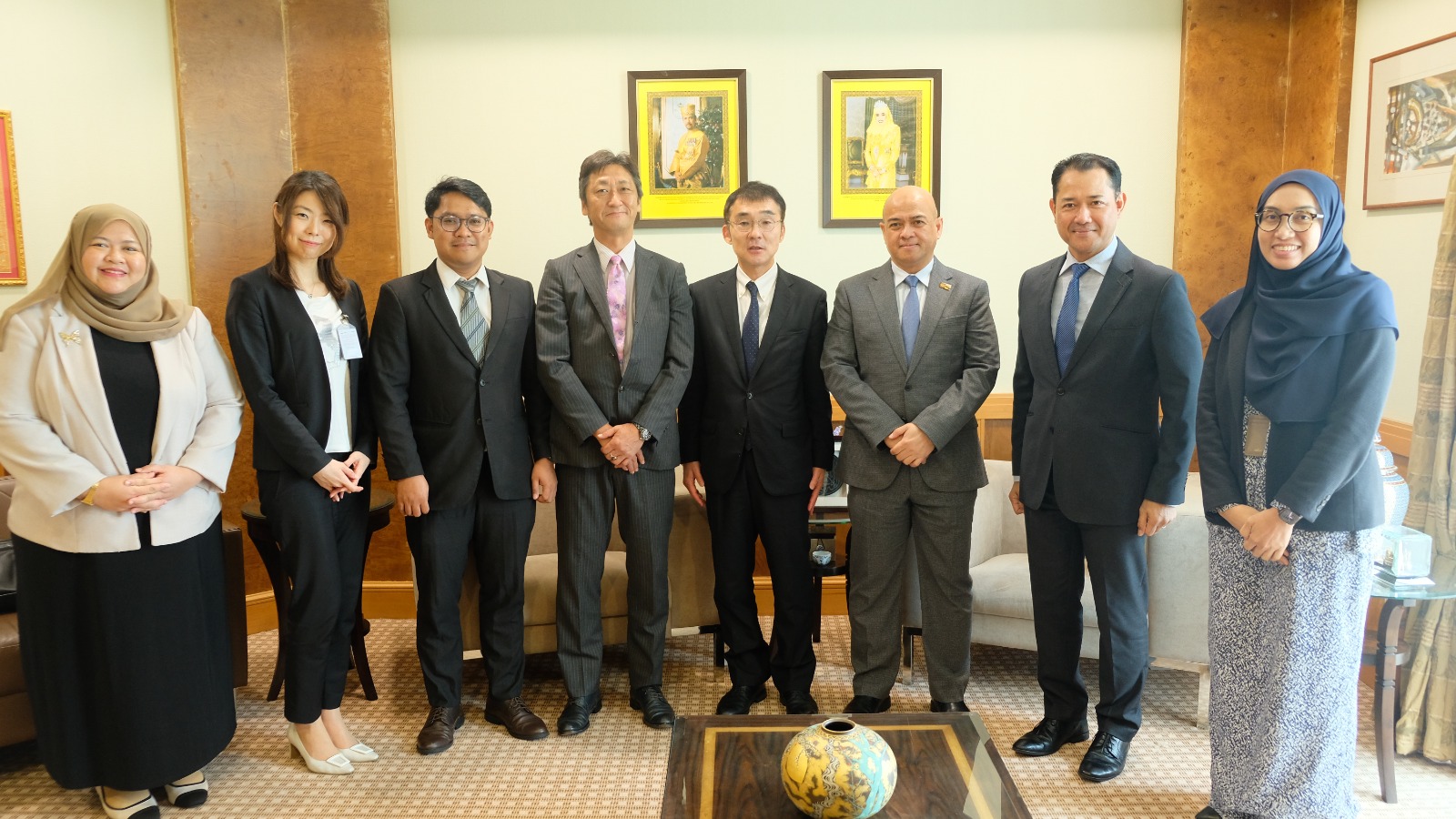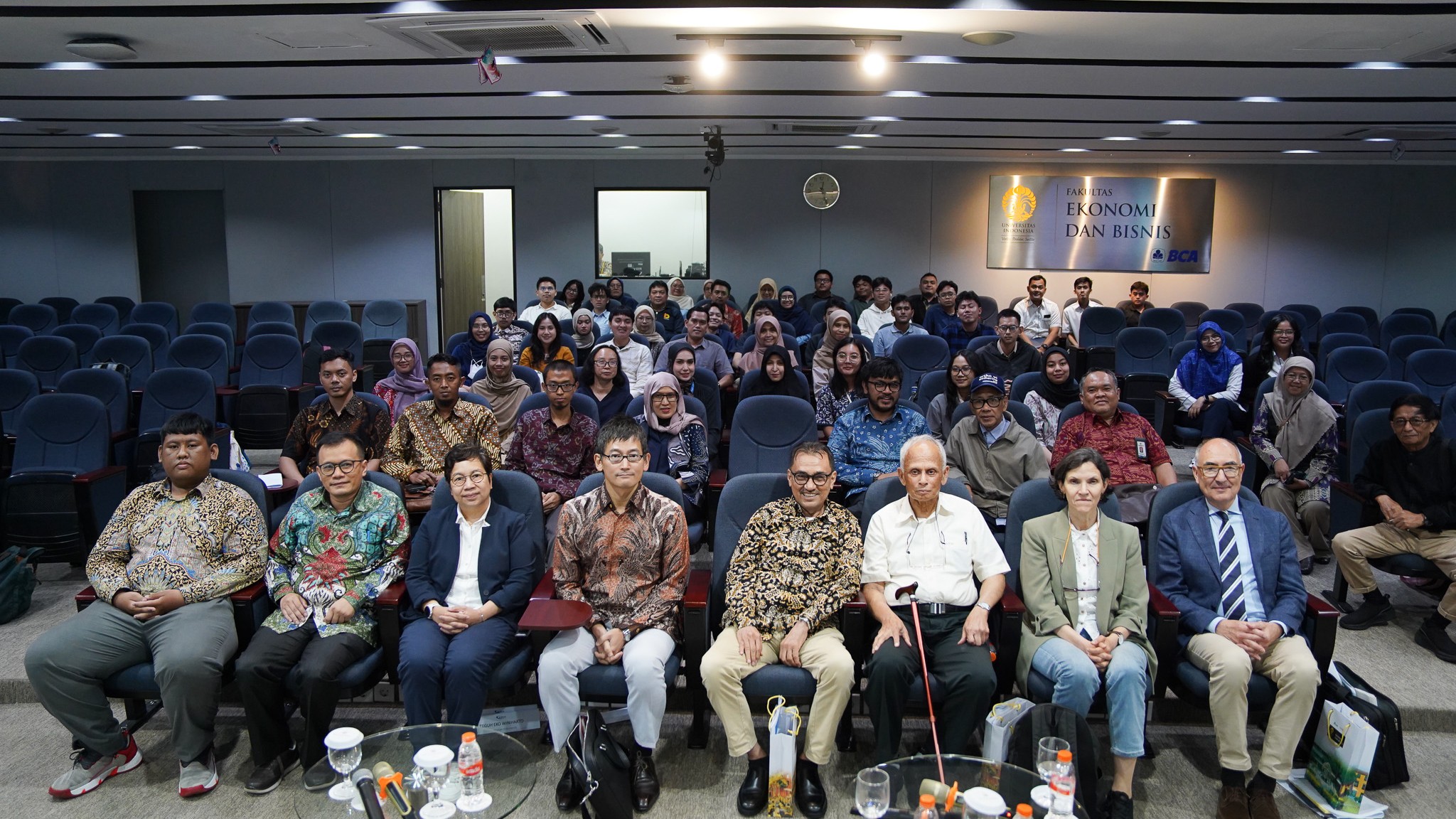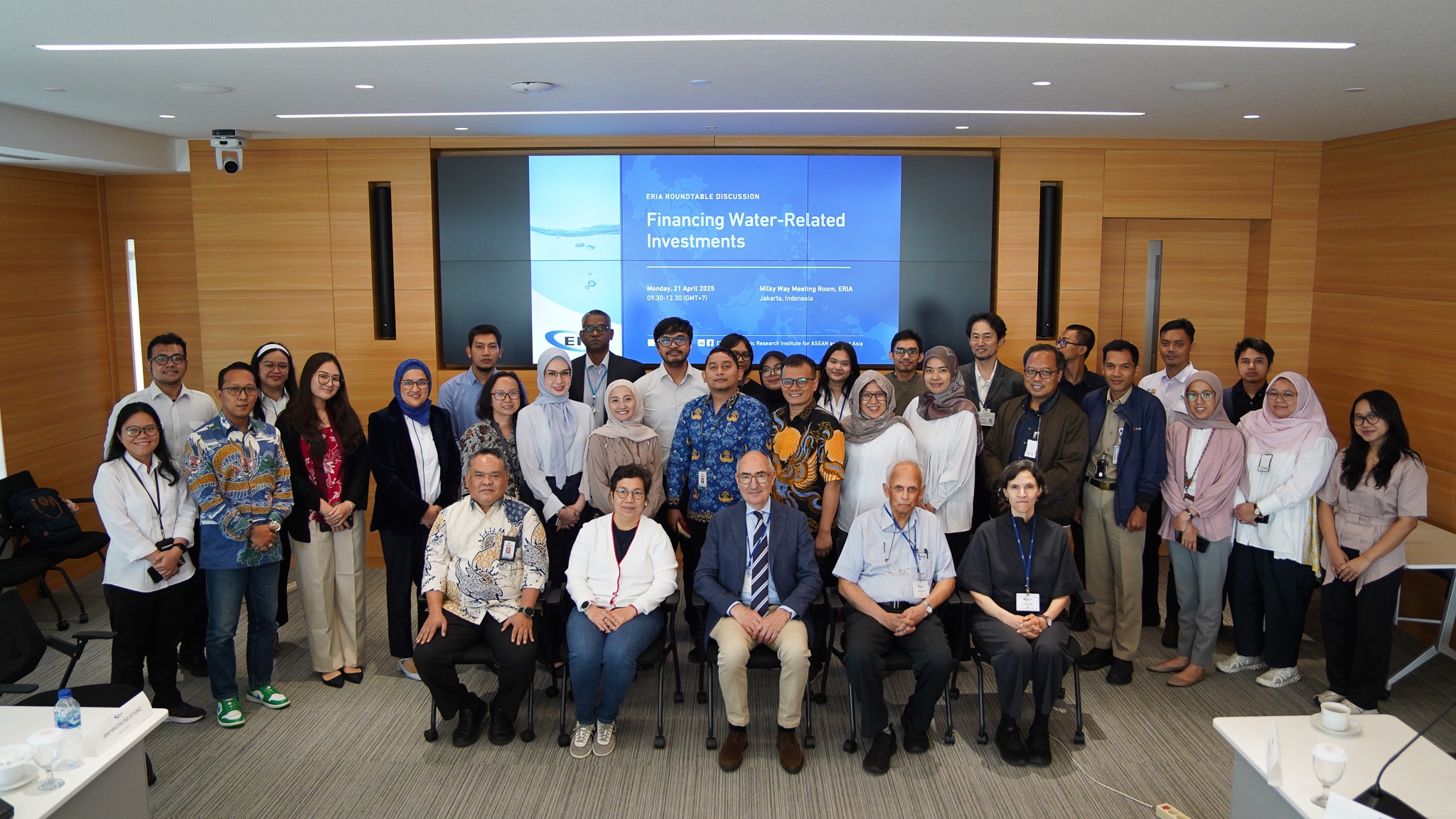
Side event 2 (Afternoon Session)– Advancing CCUS Implementation for Energy Sector in ASEAN
Based on recent 7th ASEAN Energy Outlook from the ASEAN Centre for Energy (ACE), ASEAN will still have high reliance on fossil fuels from coal, oil and natural gas where 87% of total primary energy supply by 2050 in Baseline Scenario. Thus, the clean use of fossil fuels and Carbon Capture, Utilisation and Storage (CCUS) will be extremely important to decarbonise emissions. Hence, under the ASEAN Plan of Action for Energy Cooperation (APAEC) Phase II: 2021-2025, a specialised outcome-based strategy under Programme Area of Coal and Clean Coal Technology (CCT) is dedicated for promoting the role of CCUS.
A recent study conducted by the Economic Research Institute for ASEAN and East Asia (ERIA) on the Association of Southeast Asian Nations (ASEAN)’s decarbonisation scenarios showed that the marginal abatement cost for achieving net zero emissions by 2050 will be much more expensive compared with the 2060 net zero emissions case. Many countries around the world have committed to the energy transition as reflected in their NDCs although some countries have yet to pledge any specific target year for carbon neutrality. However, not only do rich countries committed to carbon neutrality, but many countries of ASEAN Member States (nine AMSs) have committed to reach net zero emissions, or carbon neutrality by 2050 at the soonest. This implied that they are committed to making the energy transition from a fossil fuels-based energy system towards cleaner and greener energy systems in which more renewable energies such as wind, solar, hydropower, biomass, and other clean fuels will have a larger share in the energy mix. The remaining emissions from fossil fuel combustion including power generation, oil and gas activity, or industrial facilities that use fossil fuels, will need to be captured and transported to storage through CCUS technologies. This application of CCUS to fossil-fuel assets can play an important role in supporting energy security goals, particularly in the power sector.
The deployment of CCUS will require appropriate supporting policies and investment. Thus, technical experts will need to understand the technical aspect of CCUS and its technologies to help decision-makers to decide on appropriate energy policies to support the development and deployment of CCUS. Further ASEAN countries will need to start preparing the CCUS roadmap for the technology deployment as early as possible, starting from the CCUS project demonstration, preferably by 2025, and aiming the commercialisation from 2030 onwards.
The conference should contribute to achieving the Priorities Economic Deliverables (PEDs) of Indonesia ASEAN Chairmanship, number 5, i.e., to ensure future affordability of CCUS, regulatory improvement in oil and gas sector is needed particularly on CO2 venting, along with incorporating CCUS price into production cost.
Schedule
Date: Wednesday, 23 August 2023
Time: 2 PM - 5:45 PM (GMT+8 / Bali Time)
Venue: Bali Nusa Dua Convention Center, Indonesia | Hybrid
Agenda
14:00 – 14.15 | Keynote Speech
|
Scene setting: Series of presentation on Development and Deployment of CCUS in ASEAN | |
14:15 – 15:00 | Series of presentation on “Development and Deployment of CCUS in ASEAN”
|
Session 1: What are need for advancing CCUS plan & implementation in ASEAN (technologies, regulations, policy supports and stakeholders) | |
15:00 - 16:15 | Panel Discussion 1 *moderated by Mr Shigeru Kimura, Special Advisor to ERIA President on Energy Affairs Ms Masumi Takanashi, Project Director of Global Coordination Division, Hydrogen and CCS project Department, JOGMEC.
|
16:15 – 16:30 | Coffee Break |
Session 2: Barriers and Opportunities for Financing CCUS | |
16:30 – 17:30 | Panel Discussion 2 *moderated by Mr Utomo Pratama Iskandar, Head of EOR and CCS/CCUS Centre of Excellence, Oil and Gas Testing Centre (LEMIGAS), Indonesia
|
17:30 - 17:45 | Closing Remarks
|
Dinner Inception (Invited participants only) | |
Subscribe to mailing list
Invitations | Publications | Newsletters


